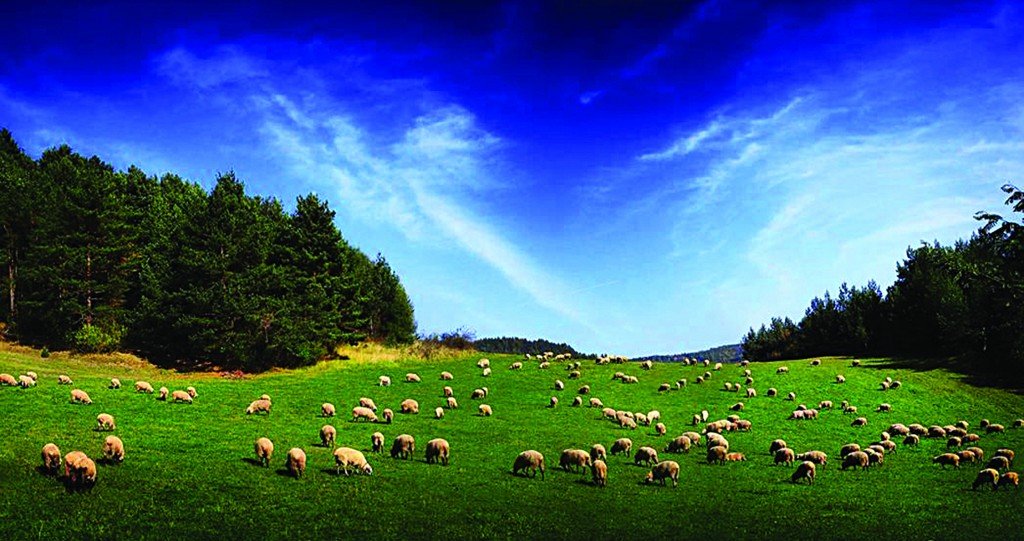There have been few measures in the Budget to support profitable, progressive and competitive farm businesses, says NFU president Meurig Raymond.
“The Chancellor’s announcement on capping business rates increases will be welcome news to members with small diversified farming businesses,” he says. “However, the rise in National Insurance Contributions for the self-employed by 1% next year and a further 1% the year after will have a detrimental impact for farmers. The NFU is striving to make Government aware of the implications this will have on the sector.
“We are still very concerned about Government proposals on Making Tax Digital. While we welcome the announcement that it will be delayed until April 2019 for businesses under the VAT threshold, many of our members will still be impacted with a costly and burdensome process of accounting from April next year.
“Many farmers will feel that this Budget was a missed opportunity, particularly that the Chancellor did not see fit to extend capital allowances as part of the Government’s productivity plans. Farming needs to invest to increase productivity so it can compete post-Brexit.
“Farming produces the raw ingredients for the UK’s largest manufacturing sector – food and drink – which employs nearly 4 million people and contributes £108 billion to the economy. For every £1 invested in farming, it contributes £7.40 back to the country’s economy; it’s time for the Chancellor and Government to fully recognise British farming’s value for money.”
Sarah Dodds, head of agricultural and rural business at accountants MHA MacIntyre Hudson, says most farming businesses will be worse off because of this Budget.
“The farming sector is facing further uncertainty and change around tax,” she says. “We expect further announcements and consultations in the next few weeks, which could add more woe for the sector.
“These are likely to include a review of partnership taxation, as HMRC has already expressed its unhappiness about the current tax treatment of employer-provided accommodation. A number of employee expenses are also being reviewed. It is highly unlikely that these reviews will lead to a reduction in tax for our sector.
“Although we were pleased to hear about the 12-month deferral of “making tax digital” to be offered to those with turnover below £85,000, this delay isn’t likely to benefit many farms. They will be obliged to make quarterly digital accounts returns from April 2018, and will need to have the correct hardware and software in place by then – software which isn’t yet fully available.”


